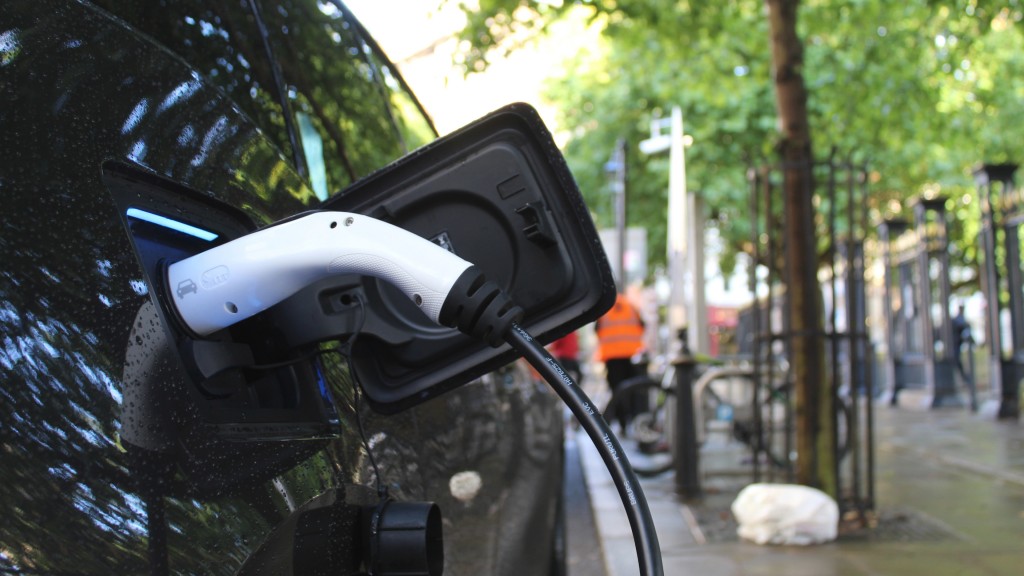
The European Council has approved new regulations requiring batteries to be far more recyclable. These new rules mean that there are new opportunities present in Germany.
Under the regulations, producers will be responsible for collecting set percentages of waste portable batteries (63 percent by the end of 2027 and 73 percent by the end of 2030). Moreover, they will have to meet dedicated collection objectives for waste batteries from light means of transport (51 percent by the end of 2028 and 61 percent by the end of 2031).
The rules also impose mandatory minimum recycled content levels for new industrial, SLI, and EV batteries as well as content documentation. They also set recycling efficiency targets of 80 percent for waste nickel-cadmium and 50 percent for other batteries by the end of 2025.
The rules amount to a lot of change in how battery materials are dealt with in the European Union and in Germany.
"The new E.U. battery regulation covers the entire battery lifecycle and ensures that critical raw materials are reused as far as possible," explains Germany Trade and Invest (GTAI) battery expert Nicolas Brahami. "Batteries sold within the E.U. will have to adhere to sustainable production practices and responsible recycling processes, ultimately supporting Europe's transition to low-emission mobility."
"This marks an important step towards batteries becoming the first true closed-loop industry," adds Brahami. "The regulation will shore up the E.U. – and Germany specifically – as the leading location for investment across the entire battery materials value chain. At GTAI we've seen big interest from leading industry players, especially in the recycling sector, in investing in new capacities in Germany."


